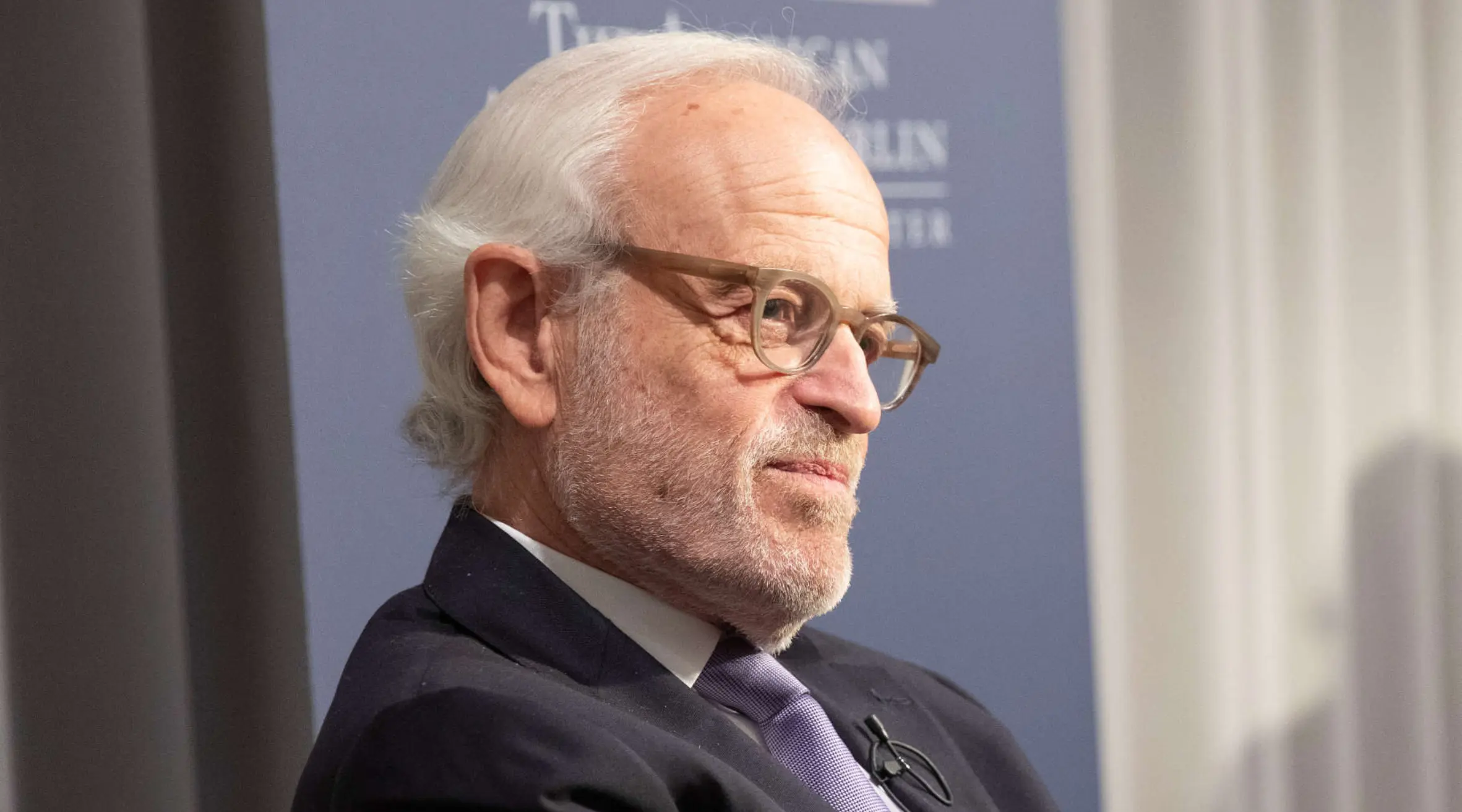USA (Transatlantic Today) – Ambassador Martin Indyk, a key figure in U.S.-Israel relations, recently passed away, leaving behind a legacy dedicated to resolving the Israeli-Palestinian conflict. Indyk’s work spanned decades and was characterised by his lifelong commitment to understanding and resolving sensitive issues in the Middle East.
Born in London, Ambassador Martin grew up in Australia before becoming a naturalized citizen of the United States. When the Yom Kippur War started in 1973, Indyk was a Hebrew University of Jerusalem student. He volunteered on a kibbutz for the remainder of the year. Although he thought about relocating to Israel, he ultimately chose to work for AIPAC in Washington after receiving his PhD in Australia.
Founding of the Washington Institute
According to Jpost, in 1985, founded the Washington Institute to turn it into a bipartisan think tank. Then-president Bill Clinton hired Indyk for a role on the National Security Council as a Middle East analyst. Indyk worked hard on ending the Israeli-Palestinian conflict through the Oslo peace process. Under Clinton, he became the first Jew to serve as American ambassador to Israel.
Continuing Efforts Under Obama
President Barack Obama appointed Indyk as a special Middle East envoy in 2013, where he again attempted to revive the peace process. Despite his efforts, success remained elusive. Indyk later served as vice president and director for foreign policy at the Brookings Institute, where he faced criticism for Brookings’ acceptance of donations from Qatar. Indyk firmly denied that these funds influenced his views on Israel or Arab countries.
Personal Reflections and Relationships
Indyk was known for his pride in both Israel and the United States. His interactions with various individuals, including students and professionals, highlighted his approachable nature. One notable interaction occurred at an AIPAC Policy Conference, where he graciously engaged with students and answered their questions.
Ambassadors, like Indyk, play crucial roles as senior officials and representatives of their home countries. They provide expertise on the nations they are posted in and serve as key advisers to their leaders. Indyk’s career exemplified the significant impact and importance of diplomacy in fostering international relations and understanding.


























